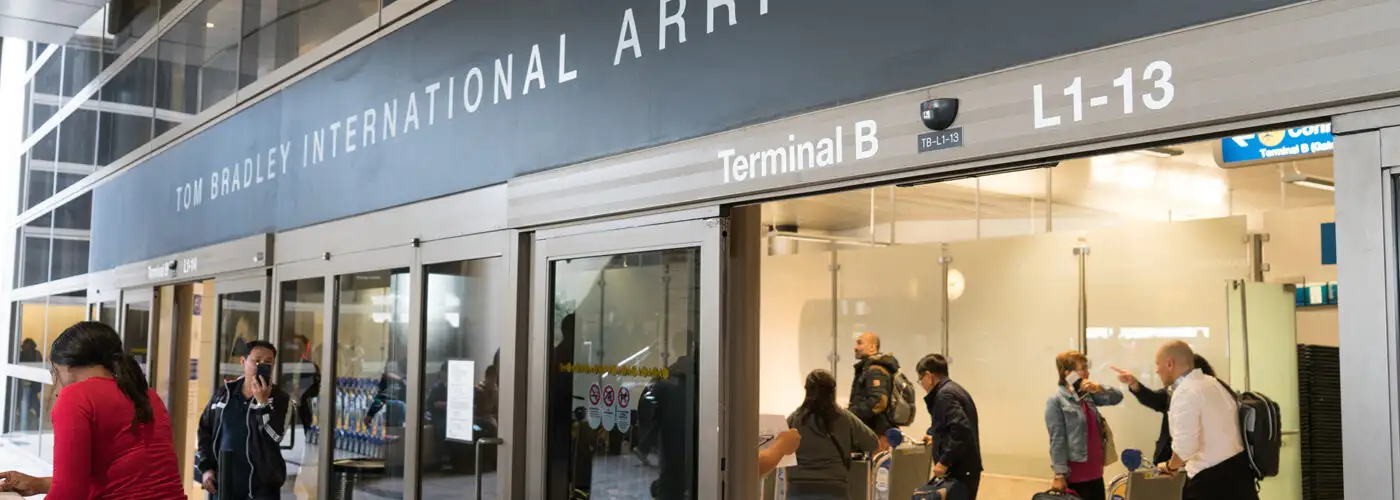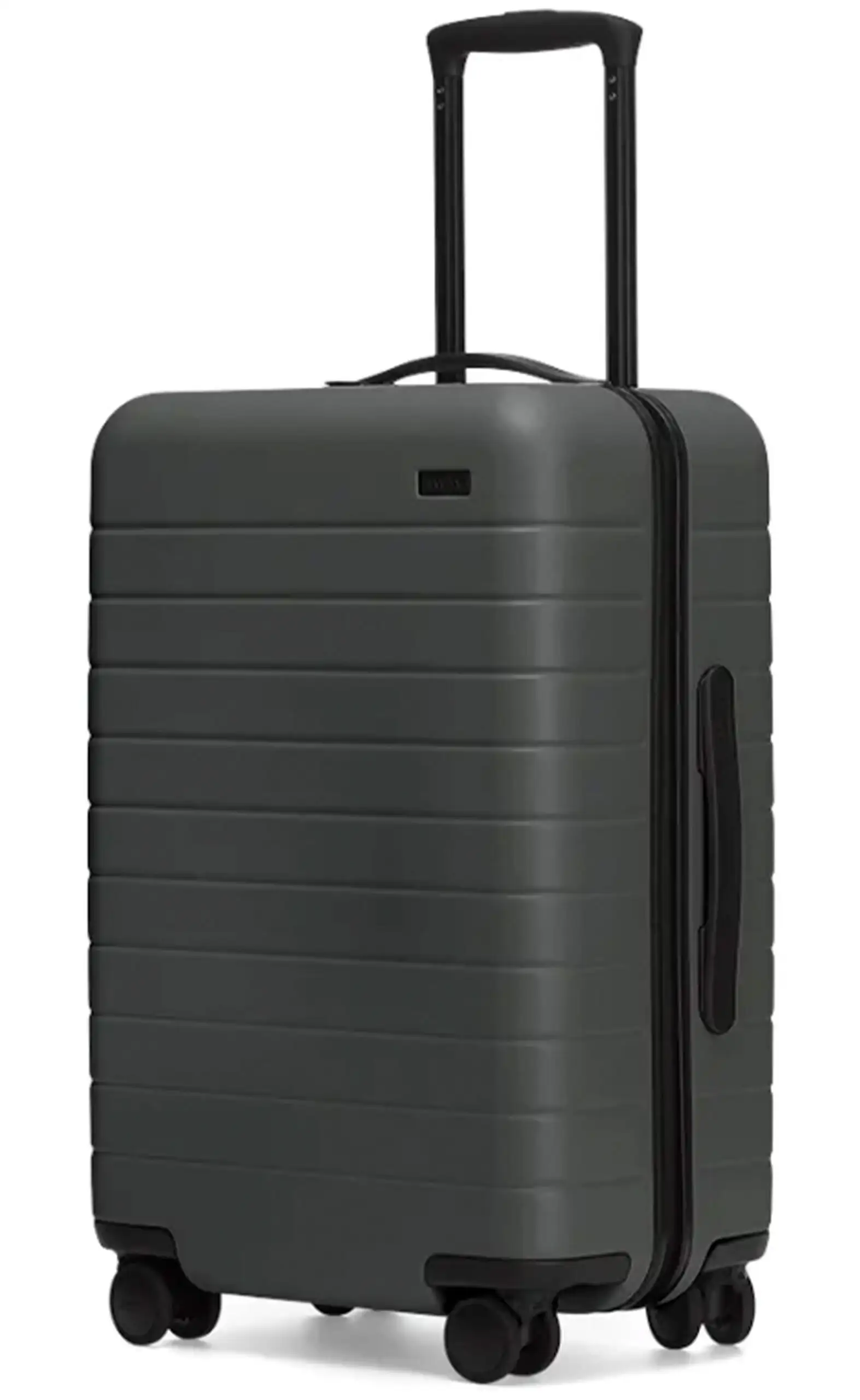World responses to pandemics—like the U.S.’s to the COVID-19 outbreak—are always a moving target. When it comes to contagious diseases, there are going to be new developments occurring every day. Of late, the 30-day Europe travel ban means that all U.S. citizens returning home from many countries in Europe (plus China and Iran) will be sent to one of 13 U.S. airports designated for screenings and then directed to self quarantine for 14 days.
Here are the airports that were doing so as of March 16:
The 13 U.S. Airports Screening Passengers for the Coronavirus
- Boston-Logan International Airport (BOS)
- Chicago O’Hare International Airport (ORD)
- Dallas/Fort Worth International Airport (DFW)
- Detroit Metropolitan Airport (DTW)
- Daniel K. Inouye International Airport (HNL)
- Hartsfield-Jackson Atlanta International Airport (ATL)
- John F. Kennedy International Airport (JFK)
- Los Angeles International Airport (LAX)
- Miami International Airport (MIA)
- Newark Liberty International Airport (EWR)
- San Francisco International Airport (SFO)
- Seattle-Tacoma International Airport (SEA)
- Washington-Dulles International Airport (IAD)
According to the Department of Homeland Security:
- American citizens, legal permanent residents, and their immediate families who are arriving from impacted areas must travel through one of 13 airports where DHS has established enhanced entry screening capabilities.
- All American citizens, legal permanent residents, and their immediate families who are returning from the impacted area must self-quarantine for 14 days after their arrival.
Existing flight reservations: If you have arranged a ticketed trip abroad, most airlines are allowing you the option to reschedule or get a refund; hotel chains are typically doing the same (you can see which major players are doing so here). But check to be sure; if you arranged something through a travel agency, contact that agency, which might have policies that differ from those of the airline or hotel.
Travel insurance: If you purchased travel insurance before the outbreak or have some through your credit card, it may or may not cover trip cancellation or interruption. Oddly, many trip-cancellation travel insurance policies do not include “outbreak of a virus at destination” as a covered reason. Cancel-for-any-reason insurance is your best bet.
Future bookings: You’re probably better off postponing travel until the virus is fully contained. But if you must go, experts recommend frequent hand washing and avoiding densely populated areas. Selecting a window seat on your flight makes you more isolated from germs than other seats, studies suggest.
More from SmarterTravel:
- 9 Products for Germaphobes to Bring on Every Trip
- 5 Ways to Avoid Getting Sick After Flying
- How to Disinfect Your Airplane Seat
Consumer advocate Ed Perkins has been writing about travel for more than three decades. The founding editor of the Consumer Reports Travel Letter, he continues to inform travelers and fight consumer abuse every day at SmarterTravel.
We hand-pick everything we recommend and select items through testing and reviews. Some products are sent to us free of charge with no incentive to offer a favorable review. We offer our unbiased opinions and do not accept compensation to review products. All items are in stock and prices are accurate at the time of publication. If you buy something through our links, we may earn a commission.
Related
Top Fares From Wichita, KS
Today's Top Travel Deals
Brought to you by ShermansTravel
Shop and Save with Country Inns...
Patricia Magaña
 Hotel & Lodging Deals
Hotel & Lodging Deals
$229 -- Chicago: Discounted Rates and...
Francesca Miele
 Hotel & Lodging Deals
$229+
Hotel & Lodging Deals
$229+
$188 -- Honolulu: Save on Oceanview...
Abigail Lamay
 Hotel & Lodging Deals
$188+
Hotel & Lodging Deals
$188+









